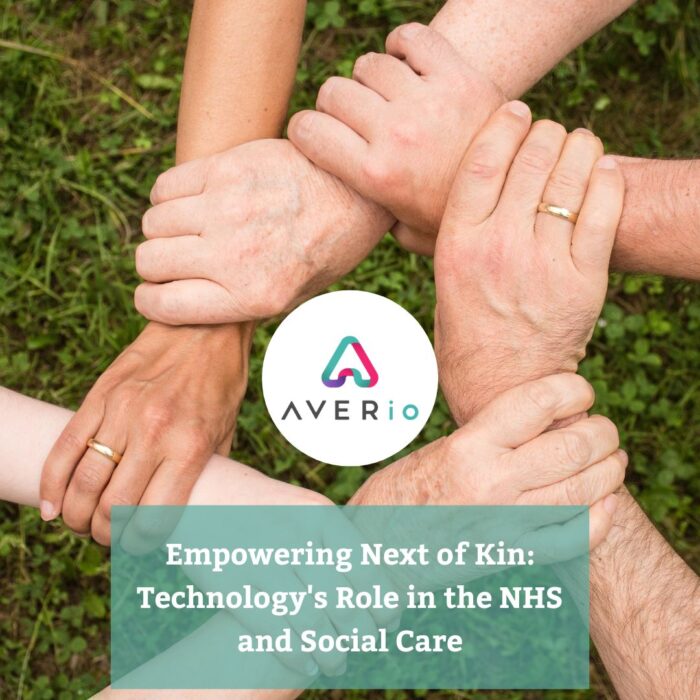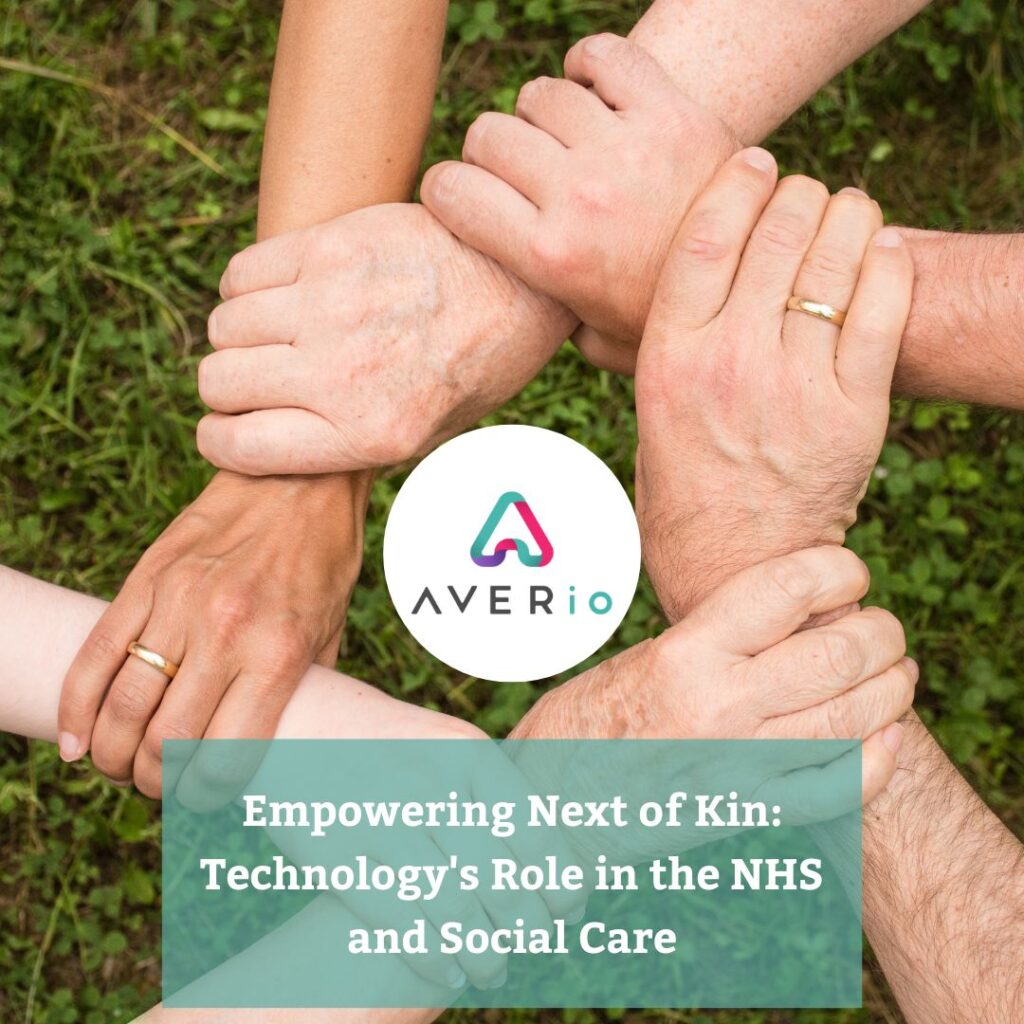
In the National Health Service (NHS) and social care sectors of the United Kingdom, next of kin play an important role in supporting their loved ones’ well-being and care needs. Historically, this responsibility has been fraught with issues such as communication barriers, limited access to information, and coordination of care. However, technological innovations create new opportunities to empower next of kin by giving them tools and resources to actively participate in the care journey. This article investigates how technology is being used in the NHS and social care settings to empower next of kin, increase communication, and improve the overall care experience for individuals and their families.
Access to Electronic Health Records
Electronic health records (EHRs) allow next of kin to access crucial medical information, treatment plans, and care notes for their loved ones. Next of kin can access lab results, medication lists, and appointment schedules via secure web portals or mobile apps, allowing them to be informed and active in their loved one’s care.
Remote monitoring and telehealth services
Remote monitoring and telehealth services give next of kin access to real-time information on their loved one’s health and well-being. Next of kin can use video consultations with healthcare experts to establish care plans, ask questions, and address concerns without the need for in-person visits, increasing accessibility and convenience.
Communication apps and messaging platforms
Communication apps and messaging systems allow next of kin to stay in touch with care providers, care teams, and other family members participating in the caregiving process. These technologies provide seamless communication, allowing next of kin to receive updates, share information, and better organise care duties.
Care Coordination Platforms
Care coordination systems centralise information and improve communication among healthcare practitioners, social care organisations, and next of kin. These platforms allow next of kin to engage with care teams more easily, access care plans, and track appointments and actions, ensuring that everyone is on the same page regarding the individuals requirements and preferences.
Apps for Medication Management
Prescription management applications assist next of kin in monitoring their loved one’s prescription schedule and compliance. These apps include medication dose reminders, refill notifications, and medication reconciliation capabilities, which help to reduce prescription errors and improve medication adherence rates.
Emergency Response System
Next of kin can have peace of mind knowing that emergency response systems provide fast access to help in the event of an emergency. Personal emergency response devices, such as wearable panic buttons or home-based alert systems, allow people to ask for help immediately, assuring timely reaction and intervention when needed.
Family Carer Support Groups and Forums
Online support groups and forums connect next-of-kin with other family carers who face similar issues and experiences. These forums enable people to share information, seek emotional support, and exchange practical solutions for managing caring tasks, therefore minimising feelings of loneliness and exhaustion.
Educational Resources and Training Modules
Educational tools and training modules provide next of kin with knowledge and skills to help them better support their loved ones. Online courses, webinars, and educational videos cover topics such as caring approaches, disease management tactics, and self-care practices, providing next-of-kin with the resources they need to properly traverse the carer journey.
Personal Health Monitoring Apps
Personal health tracking apps allow next-of-kin to monitor their own health and well-being while caring for loved ones. These apps monitor fitness objectives, nutrition habits, and stress levels, encouraging next of kin to prioritise their own self-care and well-being while caring for others.
Feedback and Satisfaction Survey
Feedback mechanisms and satisfaction surveys solicit information from next of kin regarding their care experiences and satisfaction with services. Healthcare practitioners and social care agencies can improve the overall care experience for individuals and their families by collecting feedback from next of kin and carefully listening to their needs and concerns.
Finally, technology is critical to empowering next of kin in the NHS and social care sectors. Technology allows next of kin to actively participate in the care journey, advocate for their loved ones, and better negotiate the complexity of caregiving by providing access to information, improving communication, and providing support services. Embracing technology-driven solutions that prioritise the needs and preferences of next of kin is critical for creating collaboration, transparency, and empowerment in care delivery across the United Kingdom.
Related Articles
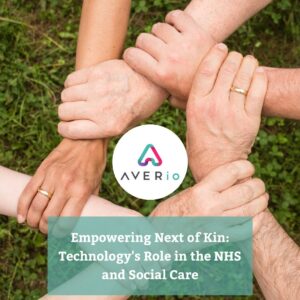
Empowering Next of Kin: Technology’s Role in the NHS and Social Care.
In the National Health Service (NHS) and social care sectors of the United Kingdom, next of kin play an important role in supporting their loved ones’ well-being and care needs. Historically, this responsibility has been fraught with issues such as
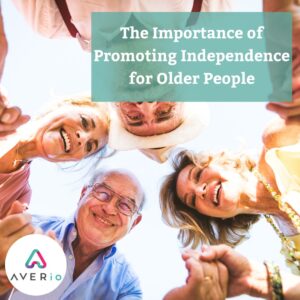
Promoting Independence for Older People
As the population ages, the National Health Service (NHS) and the social care sector have become more aware of the importance of promoting independence for older people. Encouraging older people to keep their autonomy and self-sufficiency improves their quality of
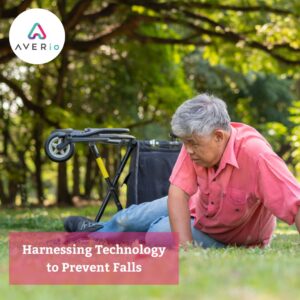
Harnessing Technology to Prevent Falls: Advances in the UK NHS and Social Care
Falls among the elderly are a big concern for the UK’s National Health Service (NHS) and social care sector. Falls can have significant repercussions, including injuries, hospitalisations, and a decline in overall health and independence. However, technological breakthroughs provide intriguing
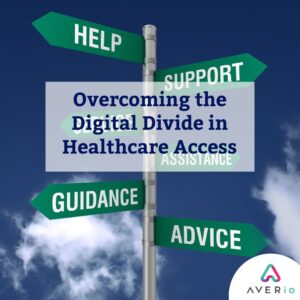
Overcoming the Digital Divide in Healthcare Access
The digital gap, defined as discrepancies in access to and use of digital technology, is a major topic in healthcare. Access to healthcare services and information in today’s digital era frequently relies on digital technologies and platforms. However, not everyone
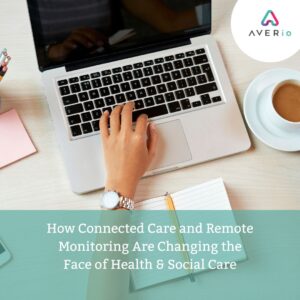
How Connected Care and Remote Monitoring Are Changing the Face of Healthcare
With the introduction of telemedicine and remote monitoring technology, the healthcare environment is undergoing a revolutionary transformation. These cutting-edge solutions are transforming healthcare delivery, making it more accessible, easy, and efficient. In this post, we will look at how connected
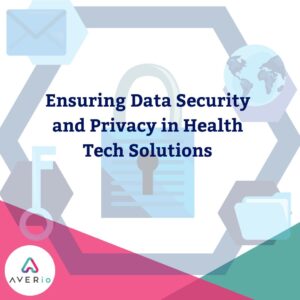
Ensuring Data Security and Privacy in Health Tech Solutions
The widespread adoption of health-tech solutions such as electronic health records (EHRs), telehealth platforms, and wearable gadgets has proclaimed a new era in healthcare. While these advancements have many advantages, they also pose serious issues about data security and individual

